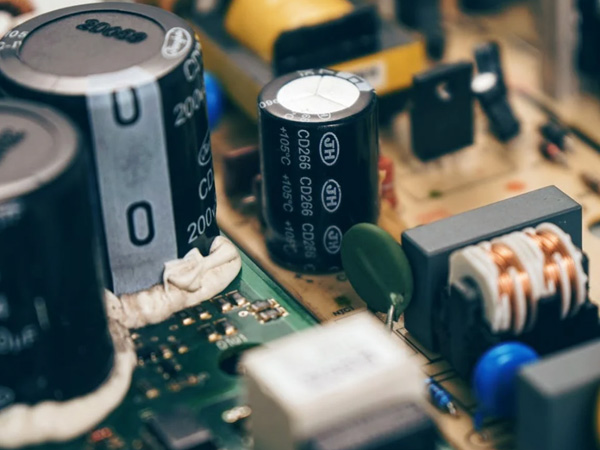India is rapidly moving towards achieving a 100 percent domestic manufacturing in the electronics sector, from semiconductor chips to finished goods. A report by Haitong International Research reveals that the government-backed program has already attracted investments worth Rs 1.5 trillion (USD 18 billion) in the semiconductor industry. Prime Minister Narendra Modi has set an ambitious target for the electronics industry, aiming to expand it to USD 500 billion from the current USD 150 billion. The government also plans to create 6 million jobs in the electronics industry in the upcoming years, signaling significant potential for economic growth and job creation.
India is the eighth country to launch a dedicated semiconductor program, and being one of the largest consumers of semiconductor chips globally, it holds immense potential for growth in this sector. To encourage domestic production, the Indian government is offering 50 percent financial support to build semiconductor manufacturing facilities, which has further attracted investments. This initiative has not only boosted the semiconductor industry but also has benefitted other sectors such as chemicals and air gas industries, which play a crucial role in the semiconductor manufacturing ecosystem.
The expansion of the semiconductor industry in India is expected to create additional jobs and drive further investments, particularly in sectors like chemicals and air gases that supply essential materials required for chip production. The report by Haitong International Research highlights the enthusiasm and potential in India’s semiconductor industry, emphasizing the critical role that chemicals and air gas businesses play in the ecosystem. With the government offering substantial financial support and incentives, the growth of the semiconductor industry is set to be a catalyst for economic growth across various key sectors in India.
One of the notable developments in India’s semiconductor industry is Tata Electronics setting up India’s first semiconductor foundry in Dholera, Gujarat, at an investment of USD 11 billion. This project is a significant step towards achieving the goal of 100 percent domestic manufacturing in the electronics sector. With such initiatives and investments in place, India’s semiconductor industry is poised for rapid growth and development, paving the way for increased job opportunities and economic prosperity in the country.
Overall, the push for indigenous manufacturing in the electronics sector, particularly in semiconductors, demonstrates India’s commitment towards self-reliance and economic development. The government’s ambitious targets and incentives have attracted significant investments, driving growth not only in the semiconductor industry but also in related sectors like chemicals and air gases. By fostering a robust ecosystem for semiconductor manufacturing, India is laying the foundation for a thriving electronics industry that has the potential to significantly contribute to the country’s economic growth and job creation in the coming years.










